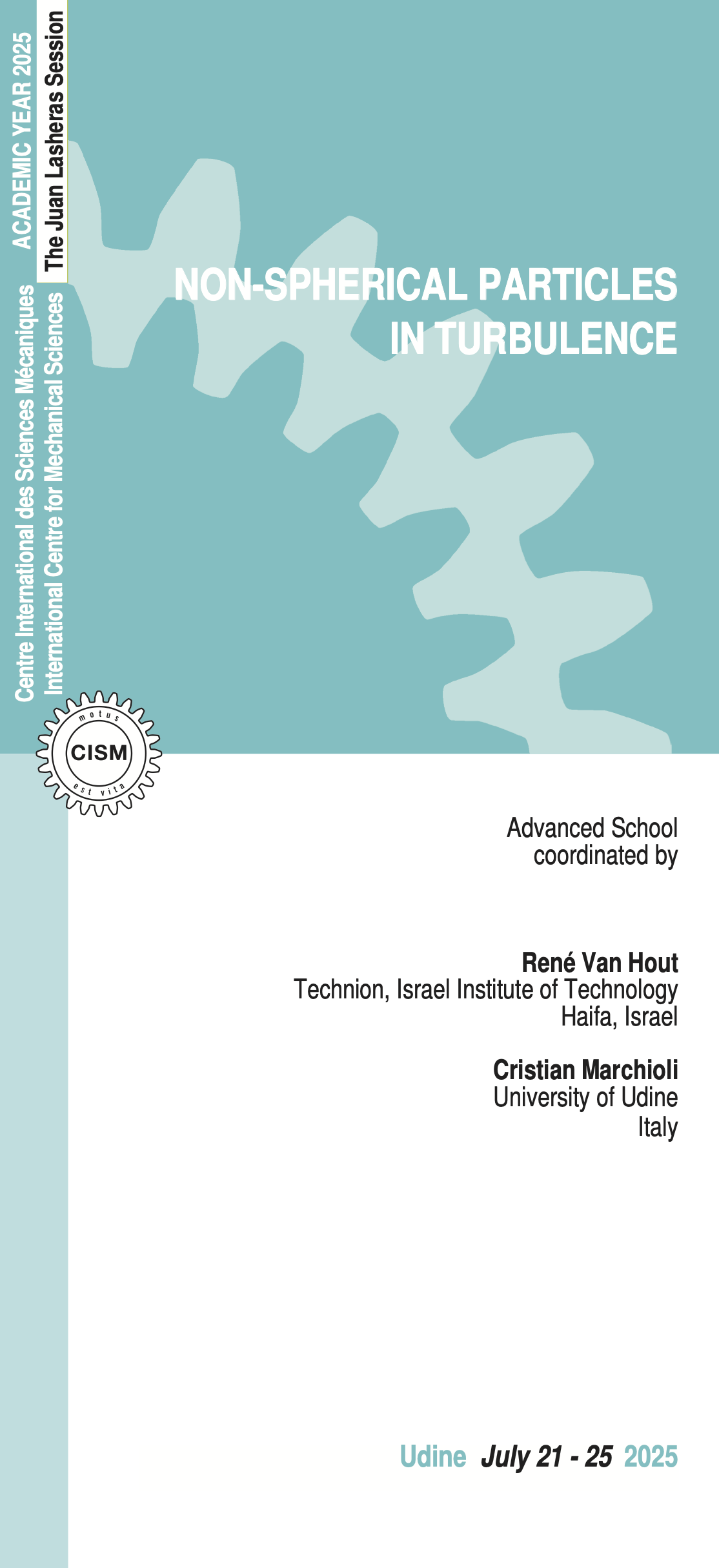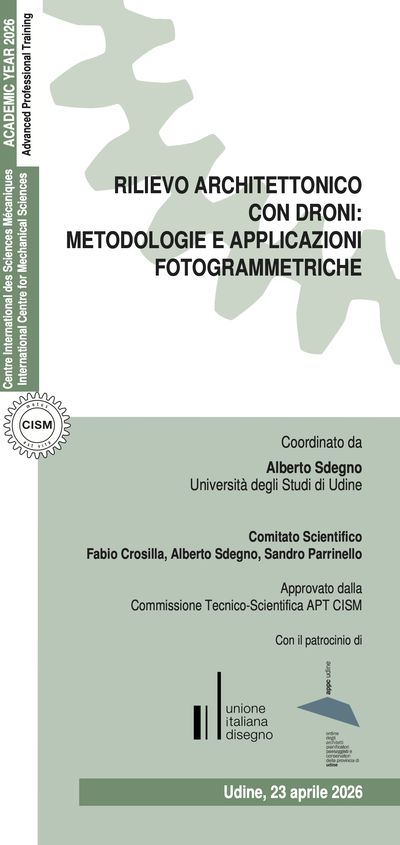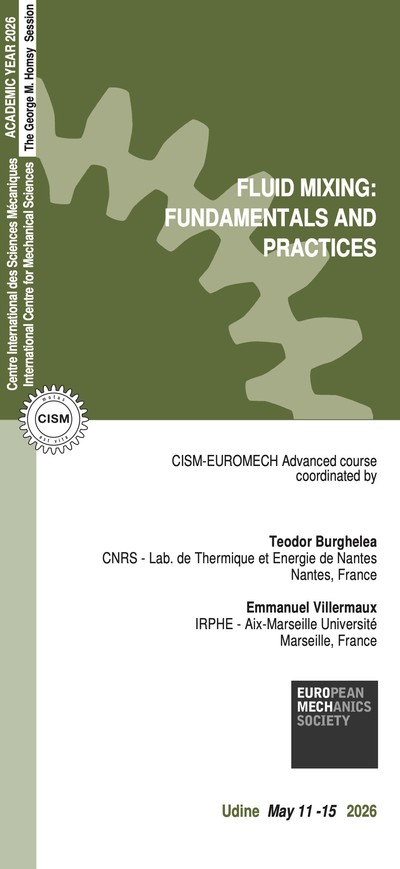Non-spherical particle-turbulence interactions are common in many environmental, technological and biological applications. In some cases, these particles can be modeled as spherical ones, but in many other cases, e.g. microplastics dispersion, ice crystals in the atmosphere and composite material fabrication, the non-sphericity and associated alignment is governing the dispersion, light reflection or material strength. Much progress has been made in our understanding of the interaction of non-spherical particles in turbulence. However, due to the non-trivial interaction of these particles with turbulent flow structures that may be characterized by preferential sampling of flow regions (in the case of inertial particles) as well as preferential alignment with turbulent flow structures, still many questions remain unanswered, especially in non-homogeneous turbulent flows. Numerical simulations supported by theoretical and experimental results have been leading the way. However, both numerical and experimental methods have been advancing at a rapid pace and experiments are currently able to catch up with numerical simulations or even surpass them, especially at high Reynolds number applications. As a consequence of these developments, it is now useful to look back and review the many studies on the subject to survey the current state of research and put future research paths in perspective.
The course aims to provide a general and unified framework of state-of-the-art theoretical, numerical and experimental techniques for the study of the dynamical behavior of non-spherical particles in turbulent flows. Participants will be exposed to the different methodologies and approaches, their strengths and weaknesses, thus becoming more aware of the capabilities and limitations of the different approaches. Only by understanding the capabilities and shortcomings of the employed methodologies, one can achieve synergy between the different approaches and as a result further advance our understanding of the complex interaction of non-spherical particles with turbulent flows. A comprehensive ensemble of applications, mainly extracted from the lecturers’ own research field and covering several areas of applied physics and engineering, will also be provided. After the lectures, students should possess the necessary knowledge of the basic capabilities, potentials and limitations of the various addressed numerical and experimental methods and, hence, should be able to critically evaluate the reliability and accuracy of the information these methods can provide when applied to practical situations.
The course delivers a comprehensive overview of complex particle-laden turbulent flows, and hence will be particularly attractive to graduate students, PhD candidates, young researchers, and faculty members in applied physics, applied mathematics and chemical/mechanical engineering. The advanced topics and the presentation of current progress in this very active field will also be of considerable interest to many senior researchers, as well as industrial practitioners having a strong interest in understanding the multi-scale complex behavior of such multiphase flows, with particular emphasis on their modelling, simulation, and experimentation.
Brouzet C, Verhille G & Le Gal P (2014) Phys. Rev. Lett., 7(112), 074501.a
Dotto D & Marchioli C (2019) Acta Mech., 230, 597-621.
Loth E (2023) Fluid Dynamics of Particles, Drops, and Bubbles. Cambridge University Press.
Olivieri S, Mazzino A, Rosti ME (2022) J. Fluid Mech., 946, A34.
Rahmani M, Banaei AA, Brandt L and Martinez DM (2023) Phys. Rev. Fluids, 8(2), 024306.
Rinsky V, Shaik S & van Hout R (2023) Exp. Fluids, 64(2), 36.
Rosti ME, Banaei AA, Brandt L & Mazzino A (2018) Phys. Rev. Lett., 4, 044501.
Sommerfeld M & Qadir Z (2018) Int. J. Multiphase Flows, 101, 212-222.
Sommerfeld M & Lain S (2018) Powd. Tech., 332, 253-264.
Subramaniam S & Balachandar S eds. (2022) Modeling approaches and computational methods for particle-laden turbulent flows. Academic Press.
van Hout R, Hershkovitz A, Elsinga GE & Westerweel J (2022) J. Fluid Mech., 944, A12.
Verhille G (2022) J. Fluid Mech., 933, A3.
Voth GA & Soldati A (2017) Annual Review of Fluid Mechanics, 49, pp. 249-276.
Wachs A (2019) Acta Mech., 230(6), 1919-1980.
4 lectures on:
General introduction, fundamentals and key definitions for modelling and simulation of non-spherical particles; Euler-Lagrange point-particle methods for Direct and Large-Eddy simulation of non-spherical particles; Euler-Lagrange point-particle methods for Direct and Large-Eddy simulation of non-spherical particles; Application to dispersion of elongated particles (rigid or flexible fibers) in turbulent flow.
3 lectures on:
Theoretical models for rigid and flexible fibers; Numerical simulations of fibers and the forces between them; The dynamics of fiber suspensions from dilute to denser regimes.
5 lectures on:
Numerical simulations of flexible objects; The dynamics of finite-size fibers in turbulence and their use to sample the flow; Turbulence modulation by a suspension of finite-size fibers; Turbulence modulation by a suspension of finite-size fibers; Connections to porous media and canopy flows.
4 lectures on:
Agglomeration of particles: Lagrangian modelling of micro-particle agglomeration in turbulent flows; Agglomeration of particles: Lagrangian modelling of micro-particle agglomeration; Modelling of wall collisions for non-spherical particles; Euler-Lagrange modelling of irregular particles starting from experiments.
5 lectures on:
Imaging techniques in particle-laden flows; Comparison between different experimental techniques; Applications of different techniques in visualization of non-spherical particles.
5 lectures on:
Inertial rigid fibers and discs in turbulence; Inertial rigid fibers and discs in turbulence; Elastic objects in turbulence; Fragmentation and aggregation of flexible fibers in turbulent flows.
6 lectures on:
Short range interactions between non-spherical bodies immersed in a fluid; Immersed-boundary methods on octree grids for non-spherical bodies in a fluid; Drag, lift and torque of non-spherical rigid bodies immersed in a fluid in the dilute and non-dilute regime; Volume-filtered Euler-Lagrange methods for non-spherical rigid bodies;Inertial flows of deformable capsules and application to biological fluid flows.
ADMISSION AND ACCOMMODATION
The course is offered in a hybrid format, allowing participants the flexibility to attend either in person or remotely via the Microsoft Teams platform.
Admission to on-site attendance is granted on a first-come, first-served basis to comply with the capacity of the lecture room.
Application forms should be submitted online through the website: http://www.cism.it. A confirmation message will be sent to participants whose applications are accepted.
Registration fees:
- Early Bird On-Site Participation: € 650.00 + VAT* - Deadline: May 21, 2025
- Late On-Site Participation: € 800.00 + VAT* - Deadline: July 9, 2025
- Live Streaming Online Participation: € 250.00 + VAT* - Deadline: July 9, 2025
On-site participation includes a complimentary bag, five fixed menu buffet lunches, hot beverages, downloadable lecture notes.
Online participation includes downloadable lecture notes.
Upon request, and subject to availability, a limited number of on-site participants can be accommodated at the CISM Guest House for € 35 per person per night. To request accommodation, please contact foresteria@cism.it.
CANCELLATION POLICY
Applicants may cancel their registration and receive a full refund by notifying the CISM Secretariat in writing (via email) no later than:
- May 21, 2025, for early bird on-site participation;
- June 21, 2025, for late on-site participation;
- July 9, 2025, for online participation.
No refunds after the deadlines. Cancellation requests received before these deadlines and incorrect payments will be subject to a € 50.00 handling fee.
GRANTS
A limited number of participants from universities and research centers who do not receive support from their institutions can request a waiver of the registration fee and/or free lodging.
Requests should be sent to the CISM Secretariat by May 21, 2025, along with the applicant's curriculum vitae and a letter of recommendation from the head of the department or a supervisor confirming that the institute cannot provide funding. Preference will be given to applicants from countries that sponsor CISM.





